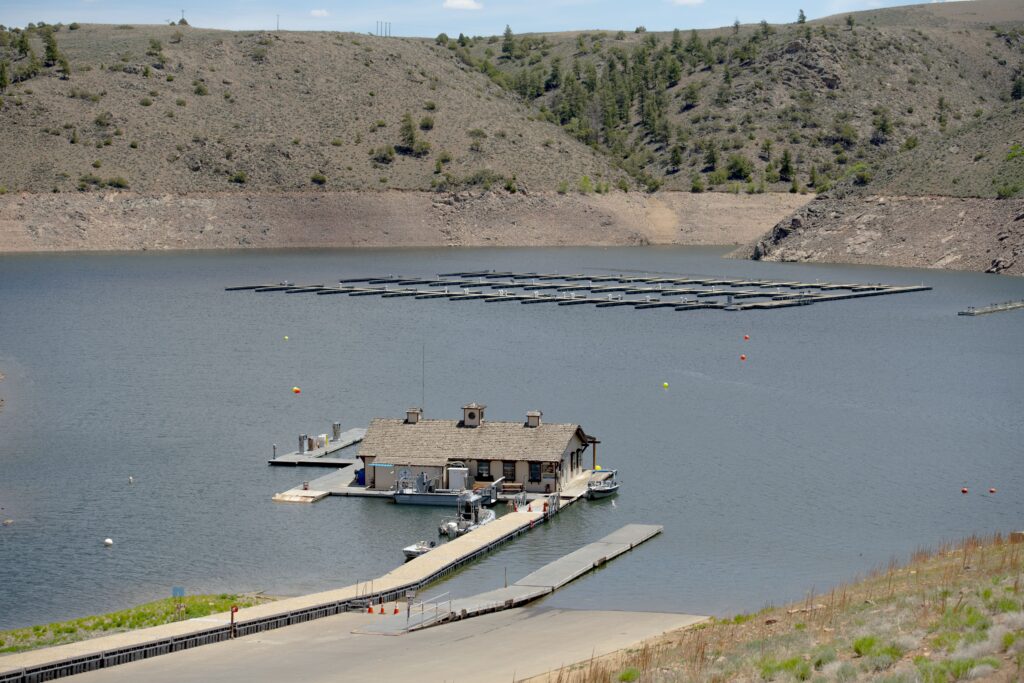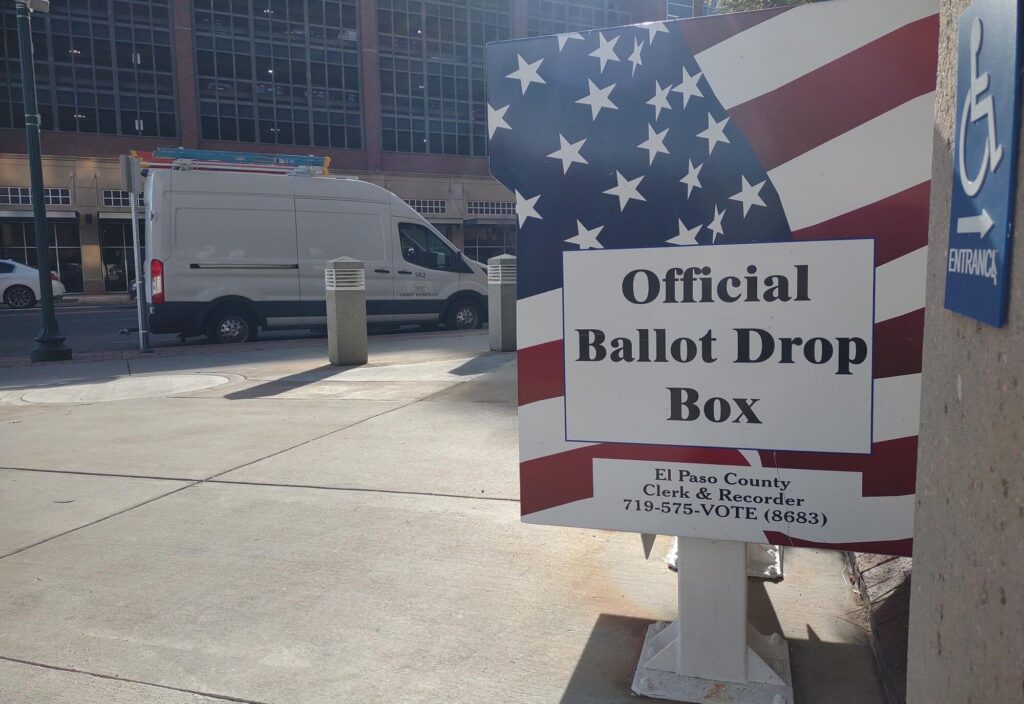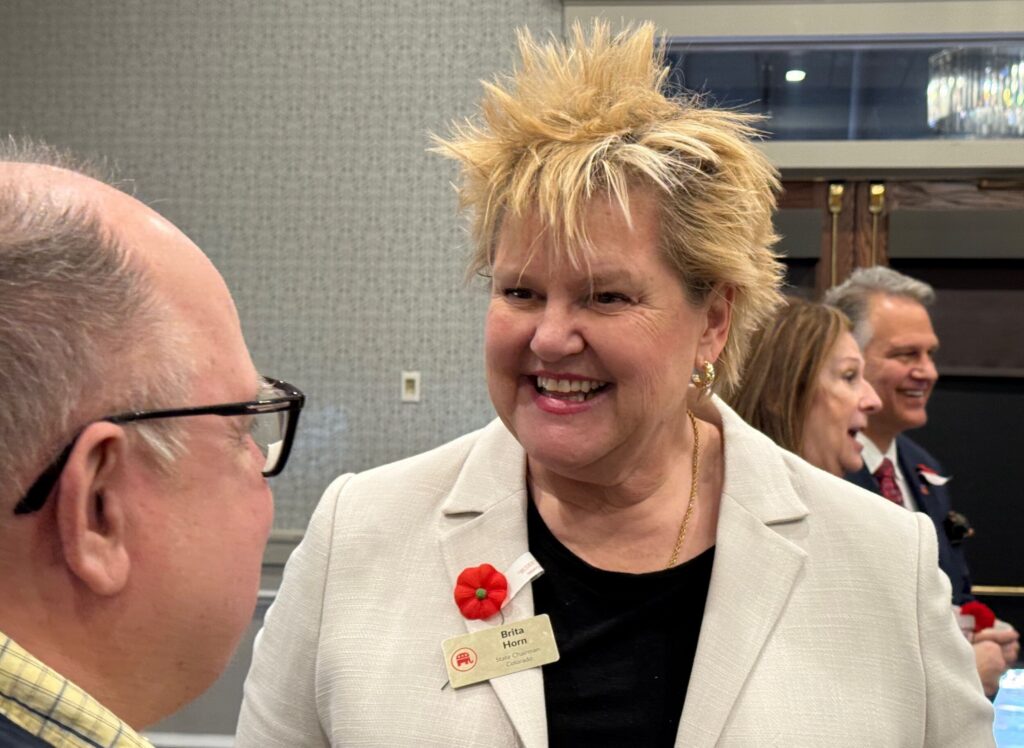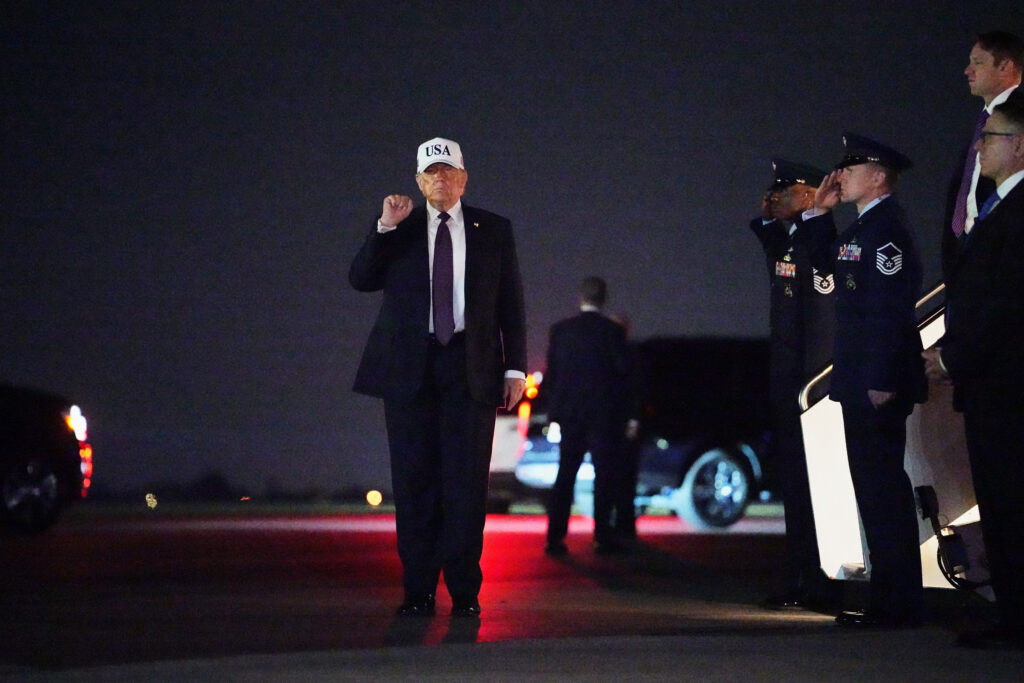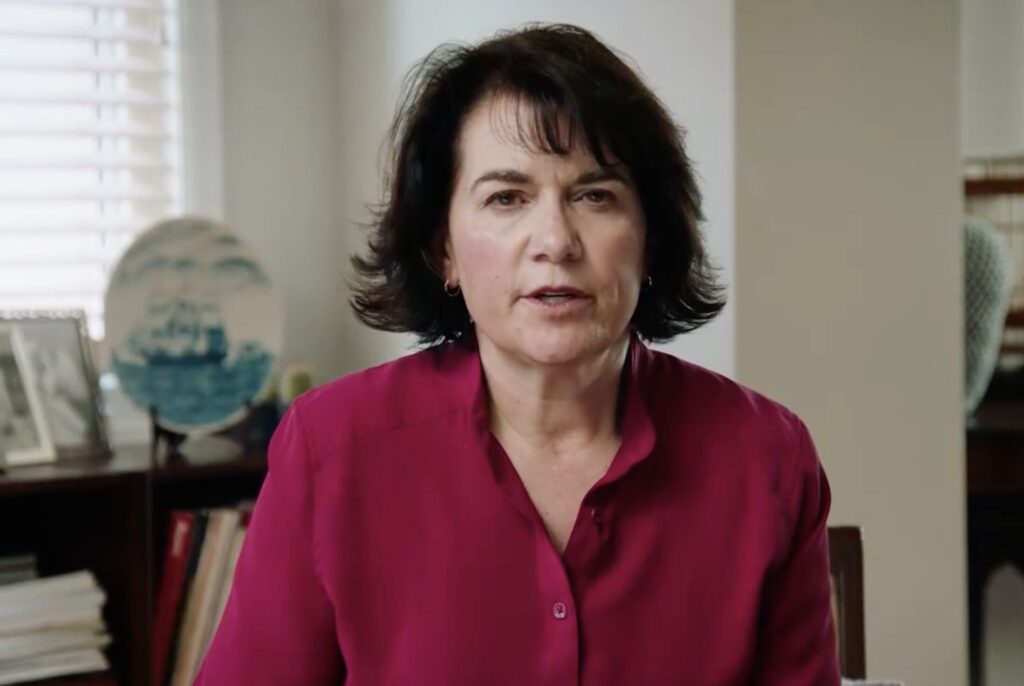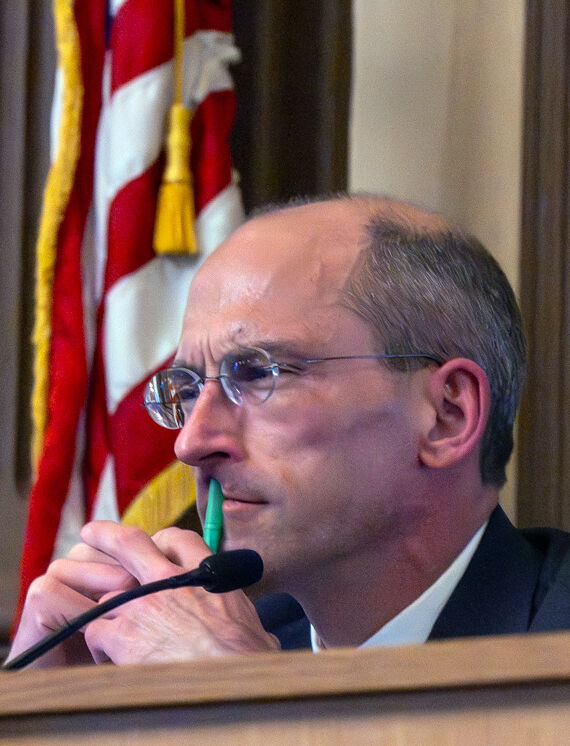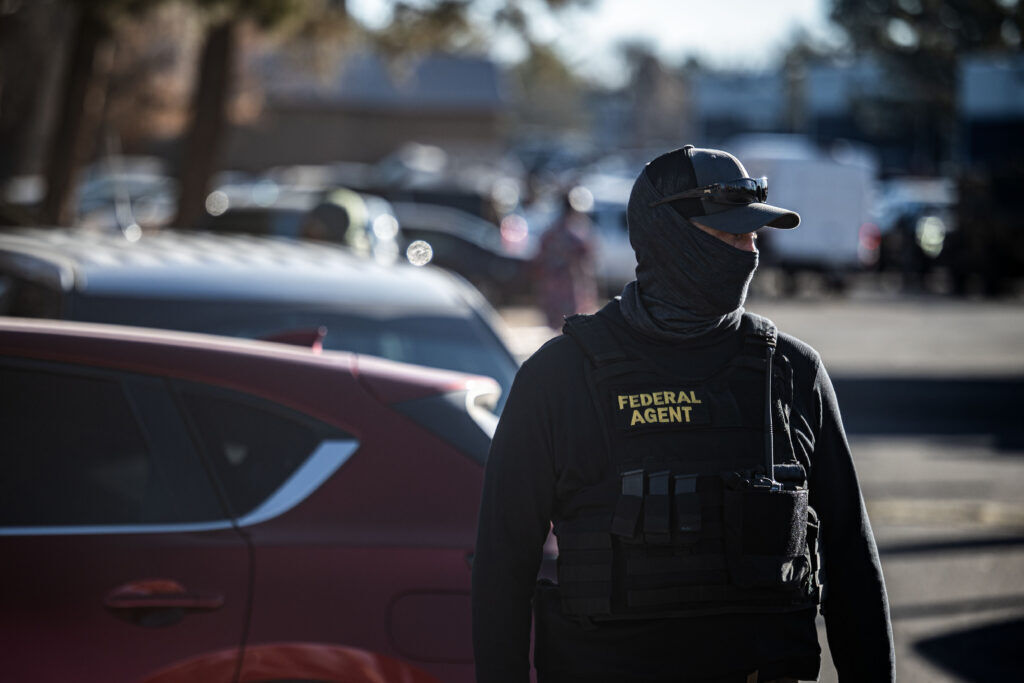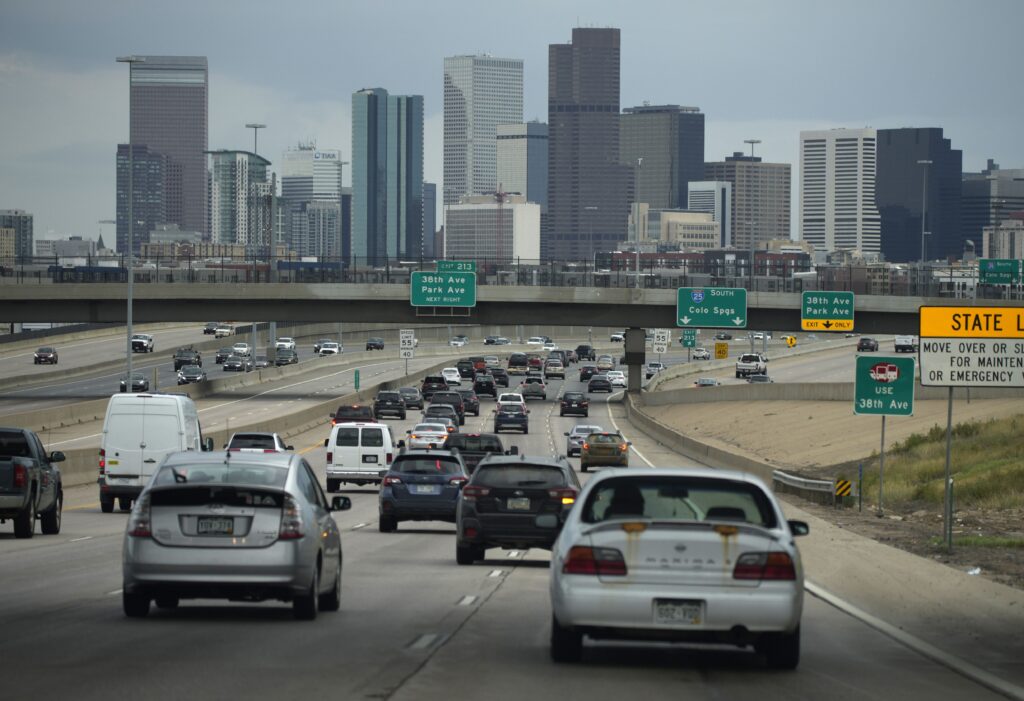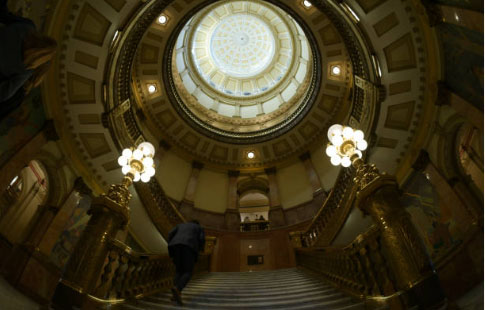Point, counterpoint: Is President Trump a threat to the freedom of the press?
Sean PaigeAre relations between the new president and the Washington press corps strained, damaged and probably destined to get worse, at least in the short run? Yes. Do these tensions pose any real, trickle-down threat to freedom of the press generally, or to our First Amendment protections? I just don’t see that.
There’s no question that things are getting testy in the White House press room. But that’s a parochial, “inside-the-beltway” battle with few repercussions elsewhere. The exaggerated importance some lend it is just another symptom of the Washington-centrism so many Americans are rebelling against, which helped put Trump in the White House.
So let’s keep things in perspective.
Is the work of the media-at-large impaired if the president declines to pay deference by attending the White House Correspondents Dinner? Is a free press imperiled if a few reporters are barred from daily spoon-feedings in the White House press room? Most Americans couldn’t care less about the dinner. Others might wonder whether attending these briefings, looking for molehills to make into mountains when the president’s flak flubs up, really counts as “reporting” anyway.
When this president (breaking with tradition rules of engagement that all favored the media) punches back against media antagonists (and is there any question at this point that they are acting as antagonists?), the vast majority of Americans probably don’t pity the press. To millions of Americans who have come to see the elite media as arrogant, disconnected, biased and bullying, Trump’s just “giving ’em a taste of their own medicine.”
Trump’s fight isn’t with the media at large. It’s with an “establishment media,” based largely in Washington and New York, that shares the political establishment’s world view and thus sees Trump’s irreverent, anti-establishment posture as a direct challenge to its waning power and prestige.
When Trump vows to “drain the swamp,” establishment reporters take it personally, because they in many ways have become “swamp creatures” themselves. Trump’s “swamp” slam may be even more unnerving to the elite media, however, since many may still see themselves as “watchdogs,” which are there to serve as a check on the extremes and excesses for which Imperial Washington is now known.
If Washington has become a “swamp,” it happened on their watch, and maybe, arguably, with their complicity. It’s not a message most of them want to hear. But it’s something they need not just to hear but to take to heart.
Rather than following the lead of embittered Democrats, who have reacted to this reckoning by tossing a prolonged tantrum, our media elites need to get past bruised egos and personal bitterness, engage in real introspection, and recognize that they – not Trump, not “fake news,” not the alleged cluelessness of millions of Americans who are tuning them out – are primarily responsible for their damaged credibility and diminished importance as providers of “news.”
If it takes a President Trump to make them true “watchdogs” again, in contrast to the passive or partisan lapdogs they were during the Obama years, something good may yet come from all this, for a free press and the free people who depend on it.
–
Jeff ScholesYes, Donald Trump is a threat to the freedom of the press. His stridently antagonistic stance towards the media creates an environment in which the freedom of journalists to report their findings without fear of recrimination can be curtailed.
Several qualifiers are in order. Like our freedom of speech, freedom of the press does not mean that anything said or written is legally protected. Nor does the press have a right to any and all information, whether it emanates from one’s bedroom or the Oval Office. Nor can the president fully stop the press from delivering information that works at cross purposes with the presidential agenda, despite the number of obstacles put in its way. Nor is President Trump unique in his antipathy towards the media. Many past presidents, including Trump’s predecessor, have sought to limit access while impugning those who have reported damaging details of an administration.
The difference between Trump and his predecessors is one of degree, not quality; though the difference in degree is striking. He has declared that reporters are “the most dishonest people.” He desires to “open up” longstanding libel laws that would allow him to sue journalists for making innocent mistakes. He has insinuated that the media is purposely refusing to report on terrorist attacks – without providing a shred of evidence for such an alarming claim. His administration has banned major media outlets from press briefings for presenting unflattering stories of the president, calling its products “fake news.” (Note: President Obama strongly criticized Fox News but never blocked them from a press conference. He did kick several journalists off of his plane during the 2008 campaign, but Fox News wasn’t one of them.)
Perhaps Trump’s most incendiary assertion is that the media is “the enemy of the people.”
Coupled with his main adviser Steve Bannon’s habitual allegation that the media is the “opposition party,” this administration has certainly separated itself.
Combine Trump’s blanket repudiation of “the media” with his hyper-selective and capricious bans on certain news organizations and with his reckless pitting of the media against the people, and the ability of the press to mediate events for us “without fear or favor” can become severely compromised.
Today’s mainstream media is far from innocent, to be sure. Driven largely by the profit motive, journalists have plagiarized, exaggerated and, yes, allowed partisan bias to color their reporting. But for a sitting president to gin up anger in an “us” versus “them” fashion against the media, especially when his vitriol has been over stories of inauguration crowd size where he is incorrect, is startling. President Trump would be wise to listen to his Republican antecedent, George W. Bush: “We need an independent media to hold power to account.”
–
Sean Paige is a recovering Washingtonian who now works as a Colorado-based communications consultant. Jeff Scholes is assistant professor of philosophy at UCCS and director of the Center for Religious Diversity and Public Life.


